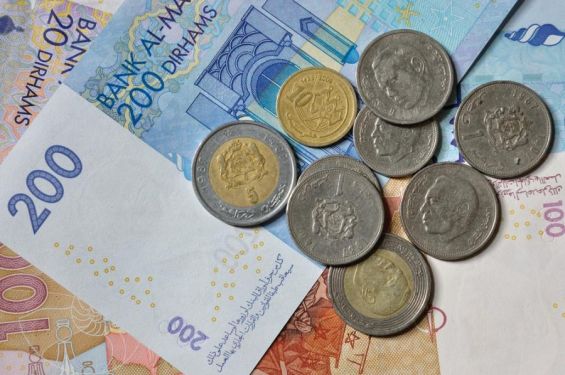Moroccan banks like Attijariwafabank, BMCE Bank of Africa and Banque Populaire have been highly interested in Africa recently. They have expanded in the continent through a series of acquisitions, the latest being Attijariwafabank's venture in Egypt. However, banks’ investments could face higher risk due to the business environment in several African countries being plagued by civil wars, endemic corruption and maladies.
In a study led by ratings agency Fitch, one of the three biggest credit ratings agencies, and published on the 11th of May on Reuters, Moroccan banks’ expansion in Africa was considered to be «a drag for their credit profile». Investing in Africa can be dangerous as it could create a short term risk for the Moroccan banks’ subsidiaries which can be exposed to «asset risk». Fitch has worked on assisting BMCE Bank of Africa and Attijariwafabank explaining that operating in African countries can have a Domino effect. Potential ailments in the business environments where these banks would have invested could highly affect their revenues and their cost of risk, hence the effect it would hold on their credit profile eventually.
You are what you invest
Investing in Africa now has been beneficial and banks are rapidly expanding their acquisitions in the continent. According to Fitch, Attijariwafabank now possesses subsidiaries in 13 African countries, BMCE Bank of Africa is present in 19 while the Group Banque Centrale Populaire (GBCP) in 8. And as abovementioned, the latest to date is Attijariwafabank's, considered as the fourth most powerful bank in Africa, which finalized its acquisition of Barclays Bank Egypt to get a greater access to Middle Eastern and East African markets. All these steps can bring a lot of money yet they still not «risk-free», as Fitch Ratings indicates.
As the old saying goes : «you are what you eat», but in this context it could be said «you are what you invest». By expanding in Africa, which is still considered as a high-risk area, these banks’ assets could eventually become majoritarily high-risk and shift away from low-risk low-revenue investments, hence their rating profiles could be affected.
Contacting Fitch Ratings, the agency told Yabiladi that «the credit profiles of Moroccan banks expanding into African countries, notably Atijariwafabank, BMCE and Groupe Banques Populaires (not rated by Fitch), increase their credit risk profile, at least in the short-term, as a result of this diversification.»
«Moroccan banks compare favourably to those assigned to banks in other African countries. The main reason for this is that the operating environment in Morocco is better than that of many other African countries», explained the same agency when asked about the status of Moroccan banks in the continent.
Fitch rates BMCE Bank of Africa for instance, BB+ for its long-term international foreign currency issuer default rating while other African banks are mostly rated in a lower category (B or less). Resultedly, Fitch advises «a long-term strategy when they invest into African banks and, in time, they will establish a track record of risk management in these African subsidiaries».





 chargement...
chargement...













